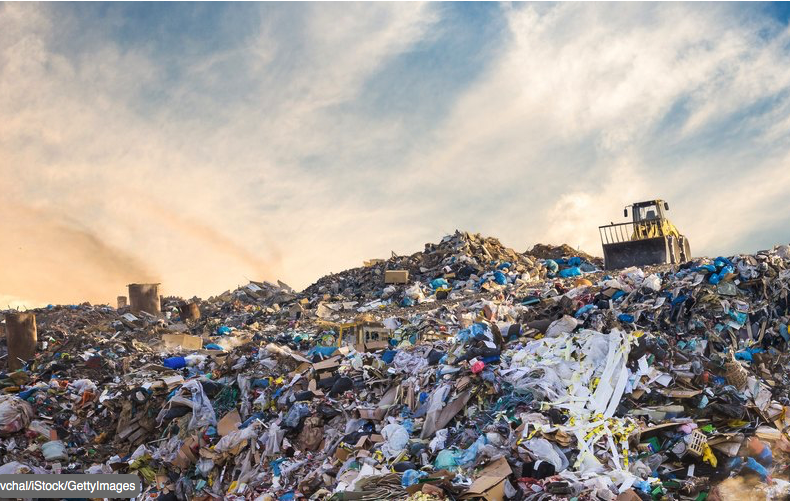By hiding the real costs of landfills to the public, the true value of recycling is hidden, as well as the critical gains from avoiding environmental disasters associated with releases from waste containment. Bad decisions will follow from incorrect price signals to public decision makers when the cost of prevention cannot be compared to the future costs of managing environmental calamities.
A major cause of under-pricing landfills is the failure of landfill companies or the municipalities to account for the long-term liability of existing landfills, in contravention to the most basic rules for recognizing future costs that will be incurred by failing to act prophylactically today.
Clearly, inclusion of these liabilities on the books as required by standard accounting practice will lead to long-term costs for cities and landfill companies and will have an adverse effect on value and stock price. Current accounting of landfills must be modified to cover generational costs. This will finally give the public realistic measures of current costs vs. future risks, including future costs and future impacts on climate change.
….
Determining the real-world financial risks of the current system is absolutely necessary for the public and officials to make the choices that will govern the laws on post-closure management and liability for the next generations. It is impossible to evaluate future municipal financial health without these inclusions.



